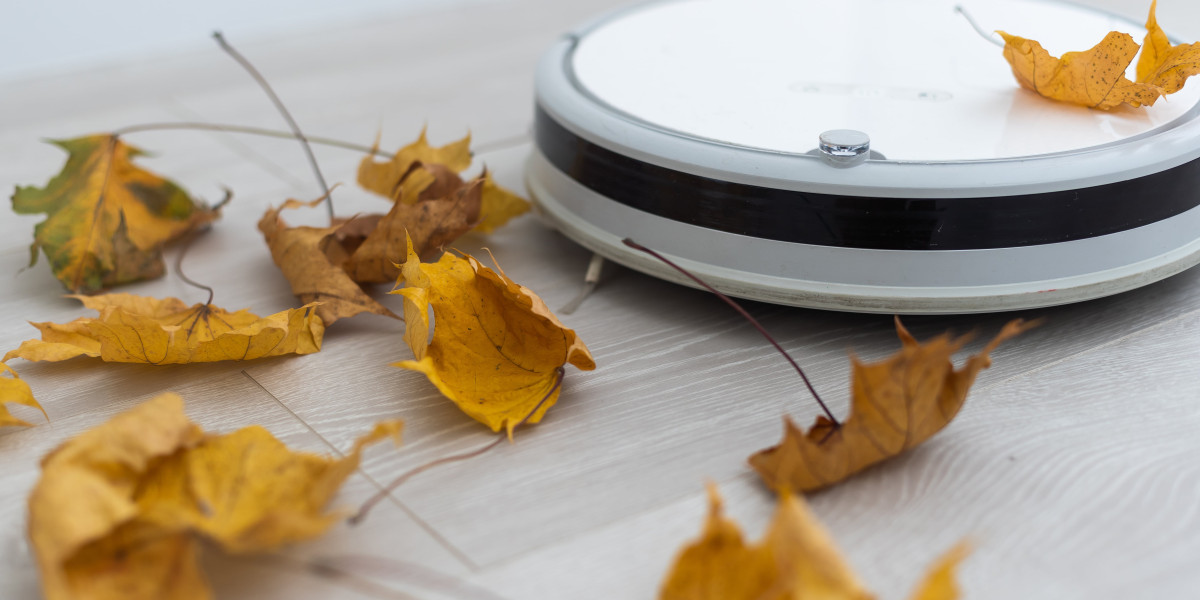Robotic Vacuum Cleaner Comparison: The Future of Home Cleaning
Recently, robotic vacuum have actually transformed the method we maintain tidiness in our homes. With developments in innovation and the incorporation of artificial intelligence, these gadgets have developed from mere novelty items to necessary household devices. This article supplies an extensive comparison of a few of the leading robotic vacuum on the market, helping customers make notified decisions when selecting a model that suits their requirements.
Understanding Robotic Vacuum Cleaners
Robotic vacuum are autonomous devices created to clean floorings automatically. Geared up with sensing units, they browse around barriers and adjust their cleaning paths for maximum effectiveness. The crucial functions that differentiate numerous models consist of suction power, battery life, app connectivity, navigation technology, and price.

Secret Features to Consider
When comparing robotic vacuum cleaners, potential purchasers must take into consideration the following elements:
- Suction Power: Measured in Pascals (Pa), suction power identifies the efficiency of getting dirt and particles.
- Battery Life: The length of time a vacuum can run before needing a recharge considerably impacts its cleaning performance.
- Navigation Technology: Models might utilize simple random navigation or innovative mapping technologies (like LIDAR) that enable them to create a map of the home.
- Smart Features: Connectivity to mobile phone apps or smart home systems can improve usability and control.
- Filter Type: HEPA filters are advised for allergy victims, as they trap irritants and improve air quality.
Comparison of Top Robotic Vacuum Cleaners
Below is a comparison table of some of the best robotic vacuum readily available in 2023:
| Model | Suction Power (Pa) | Battery Life (minutes) | Navigation Technology | Smart Features | Price (GBP) |
|---|---|---|---|---|---|
| iRobot Roomba i7+ | 1700 | 75 | Smart mapping | App control, voice command | ₤ 949 |
| Roborock S7 | 2500 | 180 | LIDAR | App control, multi-automatic floor cleaner | ₤ 649 |
| Neato D7 | 2000 | 120 | LIDAR | App control, zone cleaning | ₤ 599 |
| Ecovacs Deebot T10 | 3000 | 150 | Smart mapping | App control, room detection | ₤ 799 |
| Shark IQ robot vacuum cleaner for sale | 1200 | 90 | Random | App control, self-emptying | ₤ 399 |
Explanation of the Table
iRobot Roomba i7+: Known for its robust cleaning ability, it features smart mapping technology that permits it to designate specific areas for cleaning. Its self-emptying feature is a plus for benefit.
Roborock S7: This model excels in suction power and battery life, making it perfect for bigger homes. Its LIDAR innovation helps produce an effective cleaning course, and it can vacuum and mop at the same time.
Neato D7: The D-shape style enables much better corner cleaning, and it includes strong suction power. Its LIDAR navigation allows it to draw up cleaning areas accurately.
Ecovacs Deebot T10: Boasting the highest suction power and advanced navigation, this design can manage several floorings efficiently. It's a flexible choice for households with varying floor types.
Shark IQ top robot vacuum: An economical option that still offers smart functions. Its self-emptying ability and app combination make it a useful option for those looking for a solid cleaning companion without breaking the bank.
Benefits of Robotic Vacuum Cleaners
Robotic Allergy-friendly Vacuum offer many benefits that contribute to their rising popularity amongst consumers:
- Time-Saving: Automated cleaning permits users to maximize valuable time that can be invested on other activities.
- Convenience: Many models can be scheduled through apps to clean up at specific times, lowering manual effort.
- Availability: They can reach under furnishings and in tight spaces where traditional vacuums might struggle.
- Daily Maintenance: Regular use of robotic vacuums can help preserve a consistently clean environment, promoting better overall home hygiene.
Frequently Asked Questions About Robotic Vacuum Cleaners
1. How frequently should I run my robotic vacuum?
It is advised to run the robotic vacuum a minimum of 2-3 times a week to maintain cleanliness, though everyday usage can be advantageous, particularly in homes with pets or high foot traffic.
2. Do robotic vacuums deal with carpets?
Yes, lots of robotic vacuums are created to work on carpets, however effectiveness may vary based upon the design's suction power and brush type. Try to find models specifically pointed out as reliable for carpets.
3. Can robotic vacuums clean animal hair?
Many robotic vacuums can effectively get pet hair, but those with strong suction and tangle-free brush styles are particularly well-suited for this task.
4. How do I preserve my robotic vacuum?
Regular maintenance includes cleaning the brushes and sensors, clearing the dustbin, and periodically replacing filters to ensure optimal performance.
5. Are robotic vacuums worth the investment?
While they tend to be more pricey than standard vacuums, the convenience, effectiveness, and time-saving aspects make them a deserving investment for numerous homes.
The marketplace for robotic vacuum continues to expand as technology evolves, using consumers a range of options to match different cleaning requirements and budgets. By carefully thinking about features such as suction power, battery life, and smart capabilities, users can pick a model that aligns with their lifestyle. Whether for convenience, ease of usage, or superior cleaning performance, robotic vacuums are unquestionably improving the future of home cleaning.

